|
Another turkey day has come and gone. What’s weird about a President pardoning a turkey, an annual tradition since 1989, is the notion the turkey did something wrong to pardon. Supplied by the turkey industry’s advocacy body and bred for consumption rather than longevity, the pardoned turkey rarely lives long after its reprieve.
That’s just one of the incongruities linking turkey dinners to gratitude. Long domesticated in pre-Columbian North America, turkeys came to Europe with the Spanish in the early 1500s. Their English name reflects their resemblance to guineafowl, native to Africa and imported to Britain via Turkey in western Asia. Chancing on wild turkeys in fields or thickets was among the delightful surprises of my move to rural Wisconsin. They are huge. They scratch for food in our lawn and peck at our glass. Unlike their fattened, domesticated cousins, wild turkeys can fly to hide or roost in trees. Because they stay fairly low and don’t migrate, they offer hunters easy prey. Overhunting and deforestation cut their U.S. numbers to fewer than 30,000 in the 1930s, but they're now back up to more than seven million. As I wrote two years ago, the origins of American Thanksgivings in the 1800s had nothing to do with Pilgrims or Indians. Turkeys were plentiful and big enough to feed a family gathering. To share a meal in a spirit of love, abundance, and gratitude is a tradition worth keeping, regardless of the menu. Image: Ken Thomas, wild turkeys, 2008.
0 Comments
I didn’t plan to write about Gaza. The conflict is too dire, with no clear path forward. But the final lectures in my Spanish Civil War series seemed to echo painful current newscasts. Unprovoked mass murder. Carpet bombing of cities, a novelty in 1937 when Picasso painted Guernica in protest. Attacks on refugees trying to flee.
My sympathies always lay with the Second Spanish Republic’s failed attempt to resist military rebels led by Francisco Franco. I’d read Hemingway and Orwell. Franco’s authoritarian dictatorship lasted well into my lifetime. Imagine my shock this month to learn the Spanish Republicans committed atrocities too. Their sympathizers slaughtered thousands of Catholic priests, monks, friars, and nuns early in the war. George Orwell described affluent citizens dressing as laborers for safety in the streets of Barcelona. Republicans killed fewer innocent civilians than did Franco’s Nationalists, but that doesn’t erase their crimes. An attorney speaking at my college long ago said choices are never between right and wrong. They are between alternatives that are each part right and part wrong. That doesn’t free us of responsibility to weigh imperfect options. The choice to stand back has consequences, too. Democracies in the 1930s declared neutrality toward Spain. Their isolationism left the fragile anti-fascist coalition dependent on the USSR for aid, while Germany and Italy sent bombers to help Franco win. Today my sympathies lie with Israelis and Palestinians killed, captured, or driven from their homes in and near Gaza. I hope someone wiser than me will find a way to make the suffering stop. There’s plenty of blame to go around. That's no reason to say, “A plague on both their houses.” Image: The ruins of Guernica, 1937 (cropped). German Federal Archives. Staying in the present has never been my strong suit. History and memory give my life context. Visions of the future give it purpose. Since my memories pull up more good times than grievances, and I usually look ahead with interest rather than dread, this seems pretty harmless unless it blinds me to the moment.
The problem comes when I’m half paralyzed by future unknowns I can’t control. Will my application be accepted? What will the medical tests show? Telling me “Don’t think about it now” is about as useful as saying not to think of a pink elephant. I do better to choose something absorbing to focus on instead, whether a game or a beautiful sunset. On a good day, stopping to smell the roses can crowd out anxiety for minutes at a time. On a bad day, roses aren’t enough. Then I try to reframe my nervousness as excitement. What makes mystery novels engrossing is precisely the fact that I don’t know what will happen next. Suspense is the point. If worrisome unknowns won’t leave me alone, I try to watch events unfold as if in a movie. Curiosity draws me forward. I won’t know the outcome until it happens, and maybe that’s okay. Image: On Grouse Mountain, Vancouver (cropped). What lies ahead? The drive from my West Virginia childhood home out to Cheat Lake and Coopers Rock passed an imposing building I remember as the Easton Convalescent Home (aka Eastmont Sanitarium). Such facilities in the first half of the 1900s offered tuberculosis patients rest, nutrition, fresh country air—and isolation from healthy loved ones. Like Covid in early 2020, TB or “consumption” was highly contagious and often fatal, with no vaccine or medicinal cure. Patients lived there until they healed or died.
Another classic time for convalescence followed childbirth. Some traditions called for a month of rest. My mother said she stayed in Providence Lying-In Hospital for a routine ten days after my birth. It was down to five days when my child was born. Now I see moms out and about with their newborns in a day or two. Convalescence has given way to quick cures and rehabilitation. Thank goodness for the medical advances that make this possible. But our cultural emphasis on productivity can press us to rush recovery faster than our bodies are ready. I’ve been in groups where it was almost embarrassing to check in with anything other than, “I’m so tired, I've been so busy.” When personal circumstances offer the luxury of a choice, I’d like to see “Take it slow, don’t push it” as frequent guidance for ourselves and others. Images by permission from West Virginia and Regional History Collection, West Virginia University Libraries. (left) Eastmont Sanitarium, Morgantown, W. Va. (right) Patients in Beds at Eastmont Sanitarium, Easton, Monongalia County W. Va. |
AuthorI'm a historian who writes novels and literary nonfiction. My home base is Madison, Wisconsin. Archives
July 2024
|
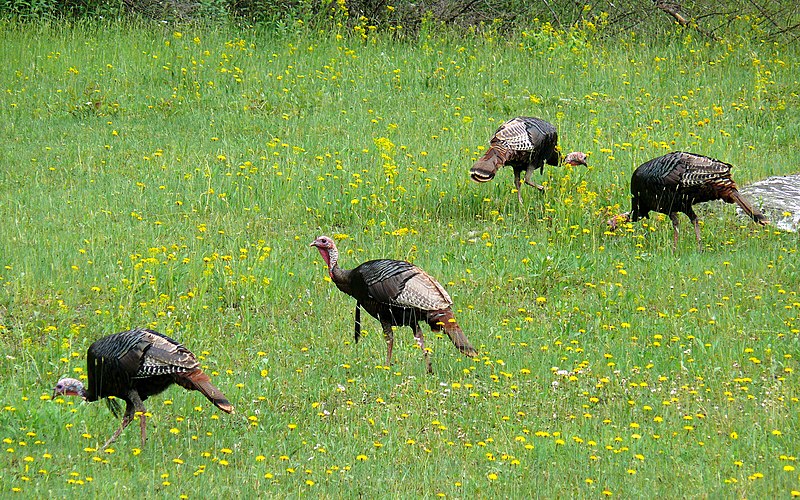
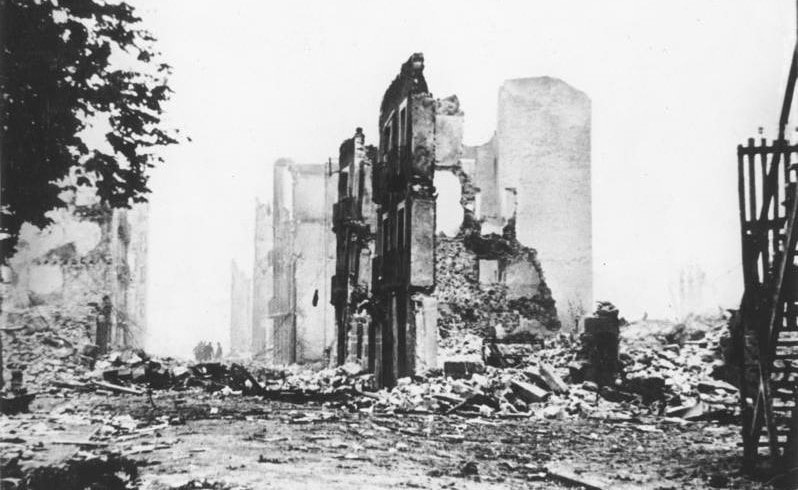
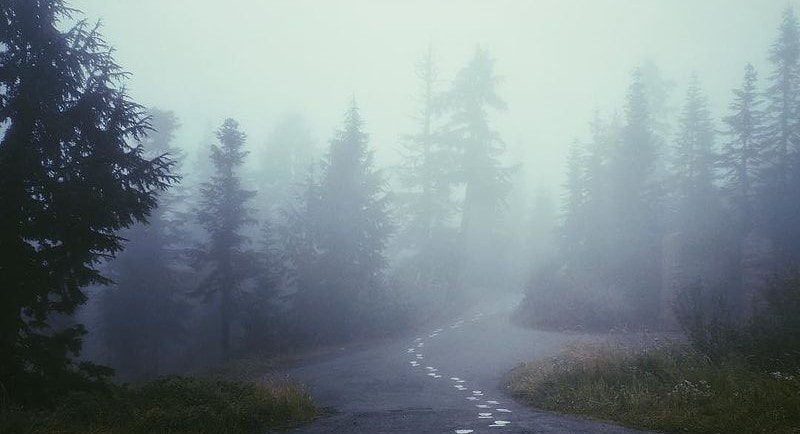
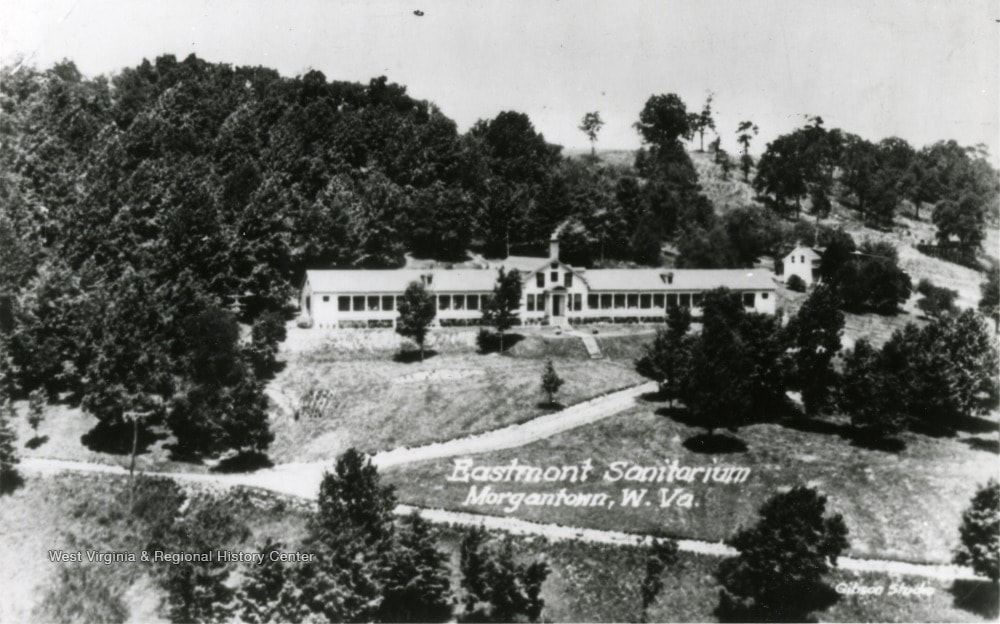
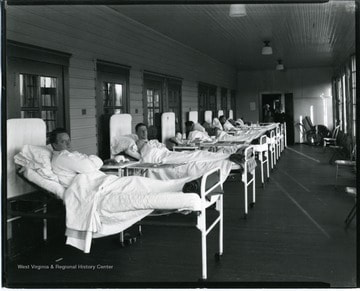
 RSS Feed
RSS Feed